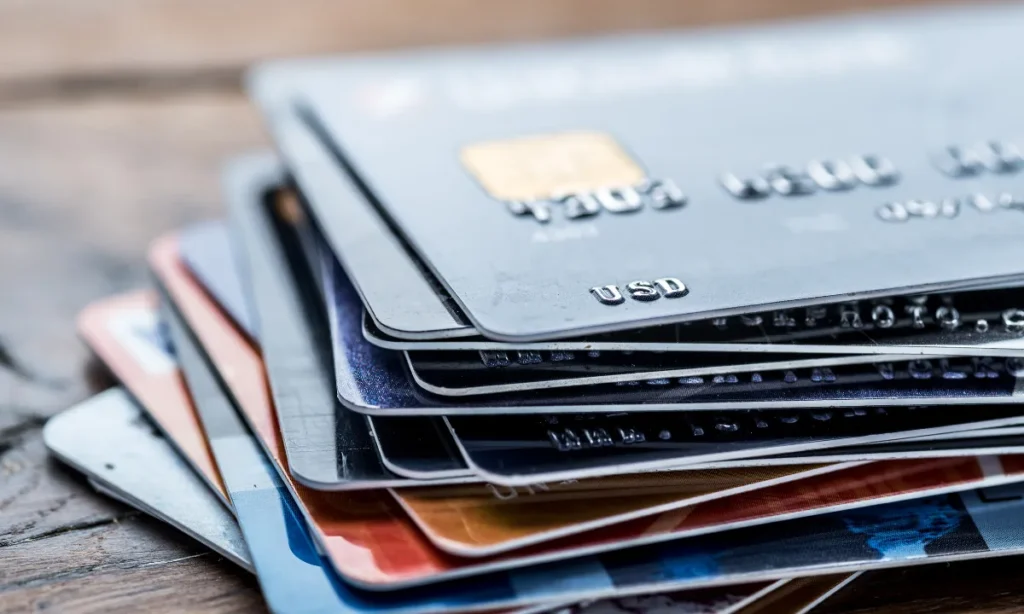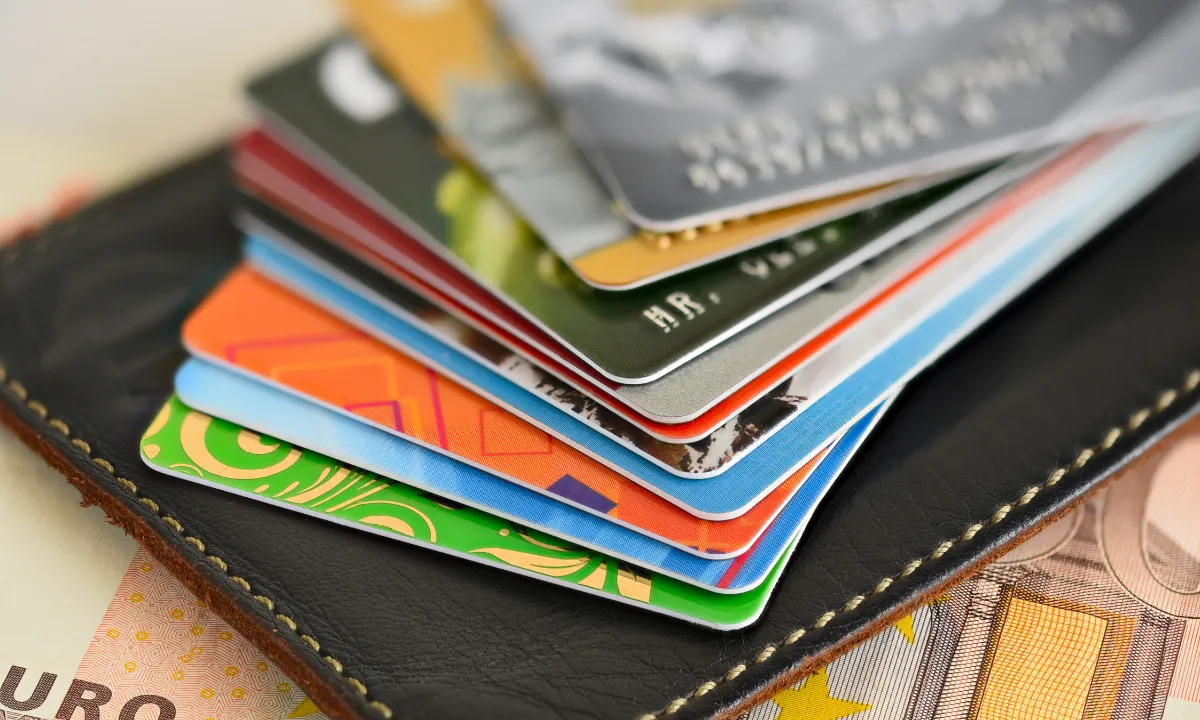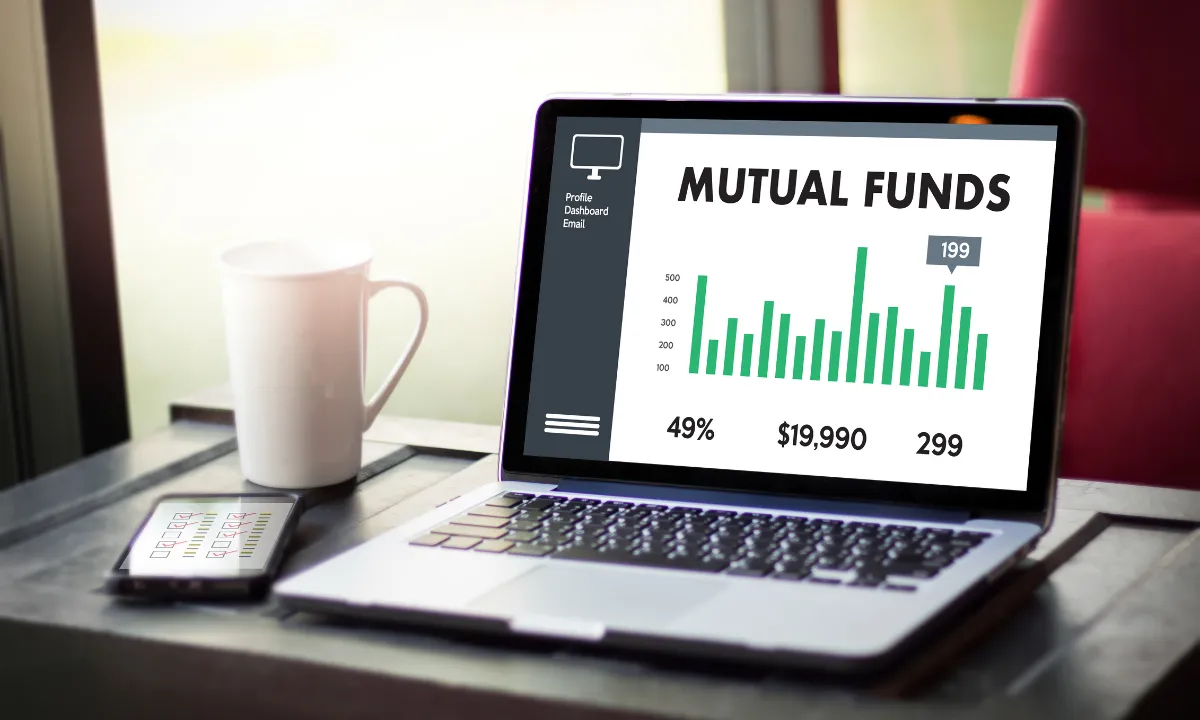It is a known fact that banks or financial institutions prefer people with a high/stable income to apply for their credit cards. They think they are reliable, can pay back on time, and will not incur debt. But the same banks are very cautious when a freelancer applies for a credit card. They think they don’t have a stable source of income and will not be able to pay back on time. They find reasons to reject the application of a freelancer, and the reason could be very unconvincing and juvenile.
Obtaining a credit card as a freelancer isn’t impossible. Freelancers can successfully apply for jobs with careful planning and a few simple strategies. First, show that you have a steady income. Keep your credit score healthy. Finally, provide any necessary documents, like a salary slip that proves you are financially reliable.
Freelancers can find credit cards that suit their needs by understanding the eligibility requirements and submitting necessary documents. Although it may take more effort than it does for those with traditional jobs, freelancers can successfully get a credit card with careful preparation.
Eligibility Criteria for Freelancers
Income Proof
As a freelancer, your income might vary each month, which can make this more challenging. To qualify, it’s important to keep complete records of your earnings. This could include bank statements, invoices, and payment receipts from clients. Many banks look for a stable income over a period of time, so showing consistency can be beneficial.
Credit Score
Your credit score is an important factor in determining your eligibility for a credit card. A good credit score usually ranges from 750 and above. This score reflects your creditworthiness based on your credit history, timely payments, and existing debts. As a freelancer, maintaining a good credit score is necessary. Regularly check your credit report and correct any errors that might lower your score.
Minimum Income Requirement
Different banks have various criteria for minimum income. Some banks require a certain monthly income to qualify for a particular credit card. As a freelancer, make sure that your average earnings meet the bank’s threshold for the credit card you are applying for. If your income varies, you can also consider showing a higher annual income to increase your chances.
Types of Credit Cards
Freelancers have access to different types of credit cards, ranging from rewards cards to travel cards. Consider what benefits are most valuable to you. For example, if you frequently travel for work, a travel credit card that offers air miles might be suitable.
Documents Required
When applying for a credit card as a freelancer, you’ll need to provide certain documents. Here’s a list of the commonly required items:
- Proof of Identity: This could include your Aadhaar card, PAN card, or passport.
- Proof of Address: Utility bills, rental agreements, or bank statements can serve as proof of your current address.
- Income Proof: As mentioned earlier, this can be bank statements, tax returns, or a salary slip if you have a part-time job alongside freelancing.
- Business Proof: If you have a registered business, documents like a trade license or a GST registration may be required.
Select Which Credit Card Do You Want? Is it a Business Credit Card or a Personal Credit Card?

When you’re applying for a credit card as a freelancer, the first step is to decide whether you need a business credit card or a personal credit card. Each type serves different needs and comes with its own set of benefits.
A personal credit card is meant for individual use. This card can help you manage your everyday expenses, such as shopping, dining, or paying bills. It often comes with rewards like cash back or travel points, which can be beneficial if you use the card frequently. If your freelance work doesn’t require many business-related purchases, a personal credit card might be the right choice for you.
On the other hand, a business credit card is designed specifically for business expenses. If freelancing is your main source of income and you incur regular costs for your work, like software subscriptions, office supplies, or travel, a business credit card could be more suitable. These cards often offer features like higher credit limits, expense tracking tools, etc.
Think about how you plan to use the card. If you are looking to separate your business and personal finances, a business credit card is a good option. It helps you keep track of your business expenses more easily, come tax time. However, if you mainly need a card for personal purchases, then a personal credit card will suffice.
How to Improve Chances of Getting a Credit Card as a Freelancer?
- Starting Small: If you are new to credit cards, it may be wise to start with a secured credit card. This type of card requires you to deposit a certain amount of money, which acts as collateral. It can help you build up your credit history without high risks.
- Timely Payments: Always pay your credit card bills on time. Setting up reminders or automatic payments can help you never miss a due date. Late payments can severely impact your credit score, making it harder to get future credit.
- Keeping Utilization Low: Credit utilization refers to the amount of credit you are using compared to your total credit limit. It’s advisable to use no more than 30% of your available credit. For instance, if you have a credit limit of ₹1 lakh, try to keep your outstanding balance below ₹30,000.
- Monitoring Your Credit Score: Regularly check your credit score to stay informed about your financial standing. You can obtain a free credit report once a year from various credit bureaus.
Go for a Secured Credit Card
Freelancers who are finding it hard to get approved for a regular credit card can consider getting a secured credit card. This type of card is easier to obtain because it requires you to deposit a certain amount of money as collateral, which acts like your credit limit. For example, if you deposit ₹20,000, your credit limit will typically be ₹18,000. Using a secured credit card can help you build your credit score over time, as long as you make your payments on time. It’s a safe way to start managing credit without taking on too much risk, making it a great option for freelancers.
Bottom Line
Getting a credit card as a freelancer can be challenging, but it is certainly achievable with the right approach. Freelancers often face hurdles due to their fluctuating income and banks’ skepticism regarding their stability. By maintaining a good credit score, providing solid income documents, and understanding the specific requirements of credit cards, freelancers can improve their chances. It may take more effort than for those in traditional employment, but with careful planning and persistence, freelancers can secure the financial tools they need to manage their expenses. Using these strategies can help you find different credit options that fit your needs.







